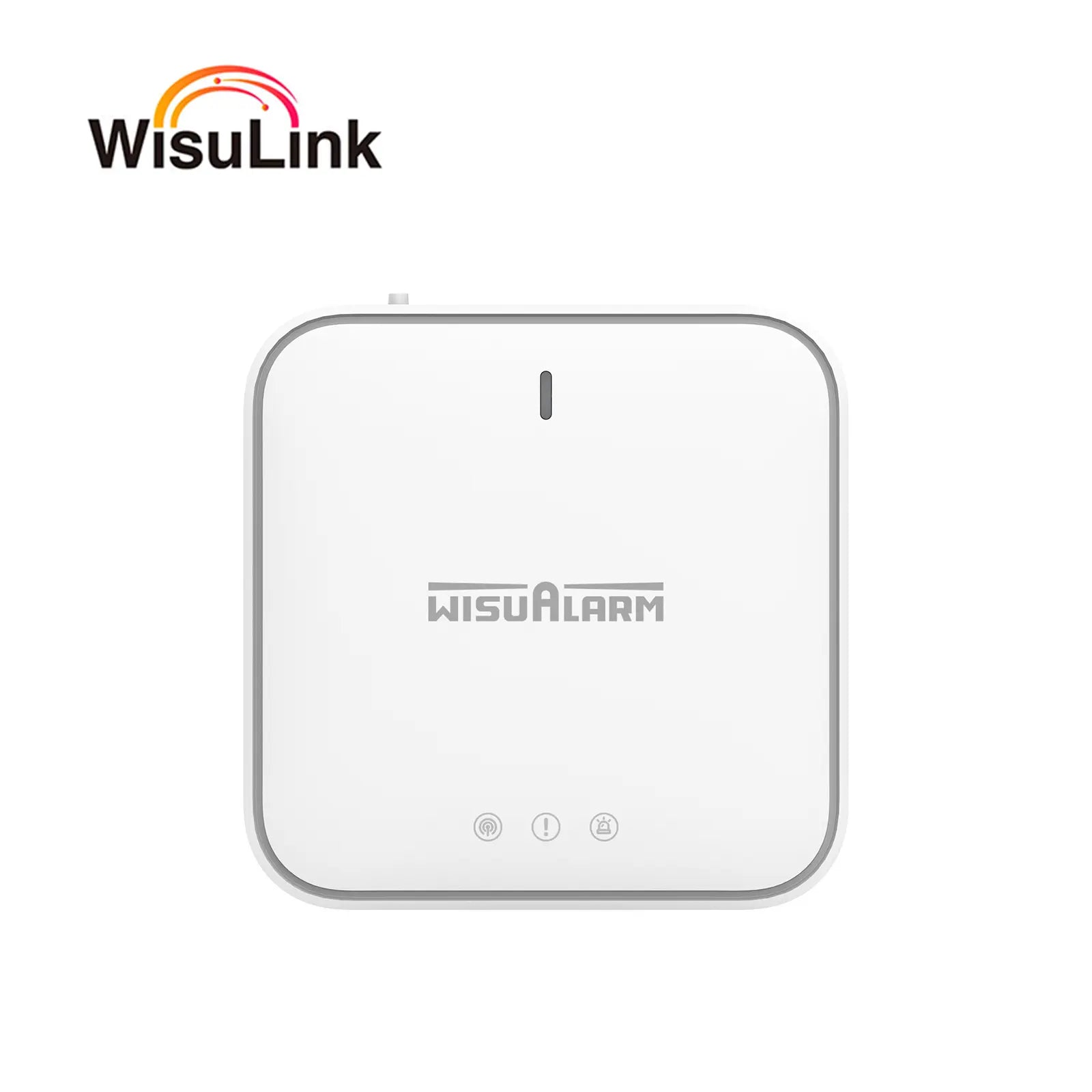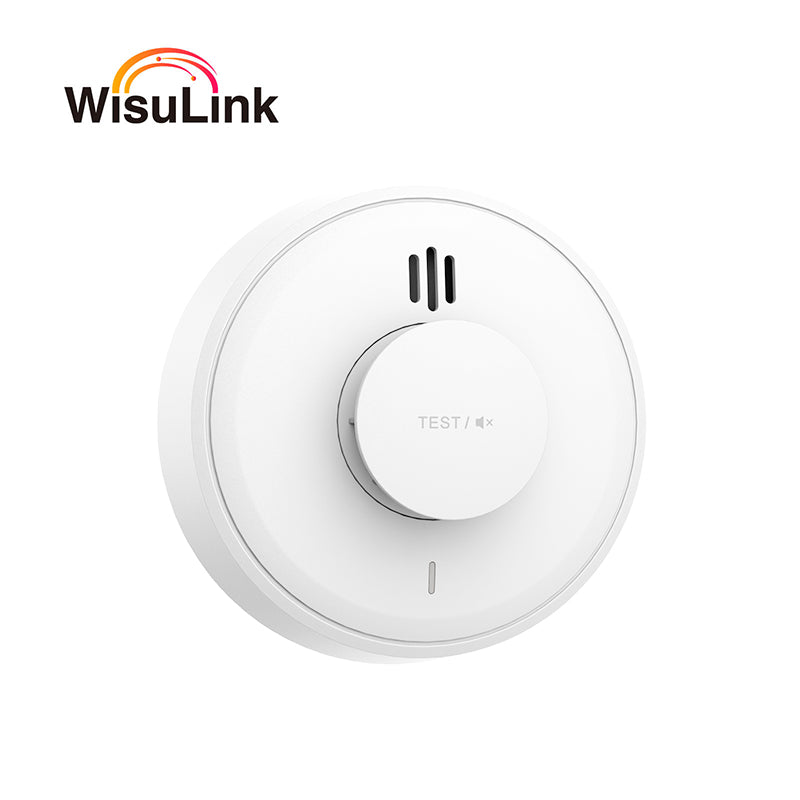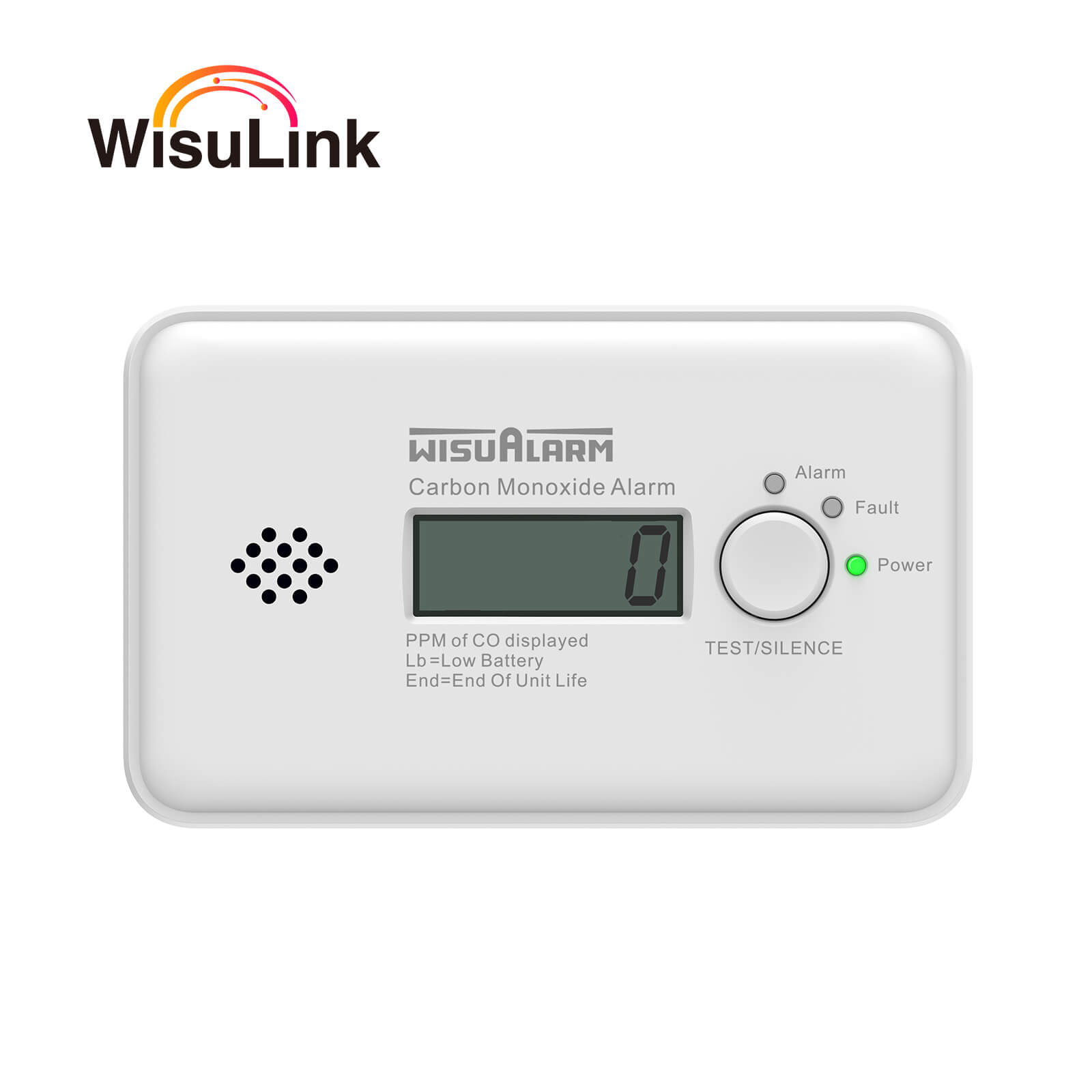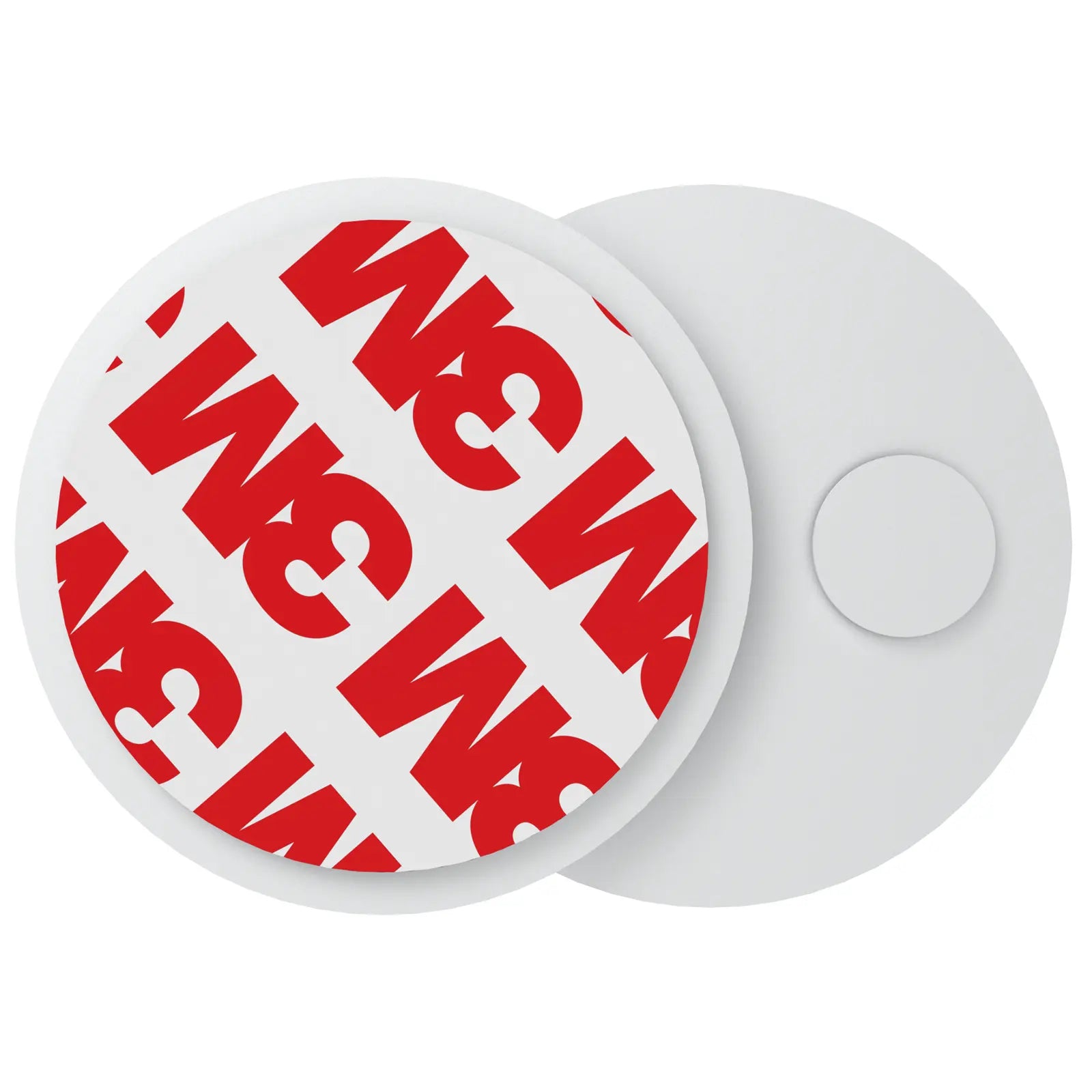Carbon monoxide (CO)—the “silent killer”—poses a unique risk in European rental homes, where older buildings, gas-fired heating systems, and solid fuel stoves (common in countries like Germany, Poland, and the UK) are widespread. For landlords and tenants across the EU, CO detectors aren’t just a safety choice—they’re often a legal obligation. This guide breaks down Europe-specific rules, how to choose compliant detectors, and who’s responsible for upkeep, so you can keep rental spaces safe and avoid legal issues.
Why European Rentals Need CO Detectors: EU Rules & National Laws
Across Europe, CO detector requirements are rooted in both EU-wide safety directives and national regulations—meaning obligations can vary slightly by country, but core standards are consistent.
At the EU level, the Construction Products Regulation (CPR) sets baseline safety criteria for CO detectors: all models sold in the EU must carry the CE mark, proving they meet performance standards (e.g., accurate CO detection, loud alerts). This ensures consistency across borders, whether you’re renting in France, Spain, or Sweden.
National laws build on this framework to add specifics:
- UK (post-Brexit, aligned with EU standards): Landlords must install CO detectors in all rooms with solid fuel appliances (wood stoves, coal fires) and any room used as living space with a gas/propane heater. Failure to comply can result in fines up to £5,000.
- Germany: The BauGB (Building Code) mandates CO detectors in rentals with gas, oil, or solid fuel heating systems, plus attached garages. Detectors must be tested annually, and landlords must provide a certificate of compliance.
- France: The Code de la Construction et de l’Habitation requires CO detectors in rentals with fuel-burning appliances (gas, oil, wood). Landlords must install them before move-in and replace batteries every 2 years.
- Italy: Regional laws (e.g., Lombardy, Tuscany) require CO detectors in rentals with gas stoves or heaters, with fines for non-compliance starting at €200.
Even in rentals without fuel-burning appliances (e.g., electric-only flats), detectors are wise: faulty electric heaters or car exhaust seeping from shared garages can still release CO—especially in tightly insulated European homes.
Choosing a CO Detector for European Rentals: Key Features
To meet EU and national rules, prioritize these Europe-specific features:
1. CE Certification (Non-Negotiable)
Any CO detector used in European rentals must have the CE mark—this means it’s been tested to EU standards (EN 50291 for CO detectors) for accuracy, alarm volume, and durability. Avoid uncertified models (common in online marketplaces) as they won’t comply with local laws.
2. Long-Lasting Power for Low Turnover Hassle
European rentals often have longer tenancy terms (1–3 years on average), so choose detectors that minimize maintenance:
- Sealed lithium battery models: Last 5–10 years (no need for tenants to replace batteries—critical for compliance in countries like Germany, where landlords must ensure detectors work).
- Hardwired with battery backup: Ideal for long-term rentals in countries like the UK—plugs into the electrical system but has a backup for power outages (common in winter, when heating use is high).
3. Alerts for European Living Spaces
European homes often have smaller rooms and thicker walls, so detectors need:
- A loud alarm (85+ decibels): Loud enough to penetrate closed bedroom doors (mandatory under EN 50291).
- Visual alerts (flashing red lights): Helpful for tenants with hearing impairments or in homes with thick walls that muffle sound.
- “Peak level memory”: Logs the highest CO level detected—useful for landlords to troubleshoot leaks (required in some regions, like Belgium).
4. Compact, Rental-Friendly Installation
Many European rentals are older or have strict rules about wall damage, so opt for:
- Adhesive mounting pads: Strong enough to hold detectors (per EN 50291 weight standards) but easy to remove without leaving marks.
- Plug-in designs: No drilling needed—perfect for rentals in countries like Austria, where tenants can’t modify walls without permission.
Landlord vs. Tenant Duties in Europe
EU and national laws clearly split responsibilities—here’s what you need to know:
Landlord Responsibilities (Europe-Wide)
- Install compliant detectors: Before a tenant moves in, install CE-marked detectors in required areas (e.g., rooms with solid fuel appliances, near bedrooms).
- Test and document: Provide a written record of detector testing (e.g., a “certificat de contrôle” in France or “Prüfzertifikat” in Germany) at move-in.
- Replace expired units: When a detector’s battery or lifespan ends (e.g., a 10-year lithium model), landlords must replace it—tenants aren’t responsible for this cost.
- Repair defects: If a detector malfunctions (e.g., false alarms, dead backup battery), landlords must fix or replace it within 7–14 days (varies by country: 7 days in Spain, 14 in Germany).
Tenant Responsibilities
- Monthly testing: Use the detector’s “test” button monthly and report issues to the landlord immediately (required in most EU countries).
- No tampering: Never remove batteries, cover the detector, or disable the alarm—this violates leases and EU safety laws, and tenants may face eviction or fines.
- Evacuate and report alerts: If the alarm sounds, evacuate, open windows, and call emergency services (112 across Europe) before notifying the landlord.
Pro Tips for European Rentals
- Follow country-specific placement rules: In Germany, detectors must be installed 1–2 meters above the floor (CO is lighter than air); in the UK, they need to be at least 1 meter away from fuel appliances (to avoid false alarms).
- Pair with smoke detectors: Many European countries (e.g., Netherlands, Ireland) require both CO and smoke detectors—choose CE-marked combo units to save space and comply with dual rules.
- Include in the tenancy agreement: Add a clause outlining detector duties (e.g., landlord’s replacement responsibility, tenant’s testing duty) to avoid disputes—critical in countries like Italy, where verbal agreements are less enforceable.
Meet Wisualarm’s European-Standard CO Detectors: Safety Built for EU Rentals
For landlords and tenants seeking a compliant, low-hassle solution, Wisualarm’s Carbon Monoxide Detectors are engineered to meet every European requirement—so you can focus on safety, not paperwork.
Every Wisualarm CO detector carries the CE mark and is tested to EN 50291 standards, ensuring compliance in all EU countries (and aligned with UK post-Brexit rules). Key features tailored to European rentals include:
- 10-year sealed lithium battery: Eliminates tenant battery changes and keeps landlords compliant with Germany’s annual testing rules and France’s 2-year battery mandates.
- Dual alerts (85dB alarm + flashing lights): Cuts through thick European walls and supports tenants with hearing impairments—perfect for small flats or multi-story cottages.
- Peak level memory: Logs CO spikes, helping landlords troubleshoot issues (e.g., faulty gas heaters) and provide required documentation for tenancy checks.
- Rental-friendly installation: Includes strong adhesive pads (no wall damage!) and a compact design that fits seamlessly in older European homes—no drilling or rewiring needed.
Whether you’re a landlord managing a portfolio in Berlin, a tenant renting a cottage in Ireland, or a property manager in Madrid, Wisualarm’s CO detectors take the guesswork out of compliance. They’re not just a safety tool—they’re a simple way to meet European laws and keep rental spaces protected.
Final Thoughts
For European landlords and tenants, CO detectors are a non-negotiable part of safe, compliant renting. By choosing CE-marked models, following national laws, and clarifying responsibilities, you can protect against the “silent killer” while avoiding fines or legal trouble. And with solutions like Wisualarm’s European-standard detectors, staying safe and compliant has never been easier.
Whether you’re renting a flat in Berlin, a cottage in Ireland, or an apartment in Madrid, a working CO detector is one small step that makes a huge difference for safety.


















































